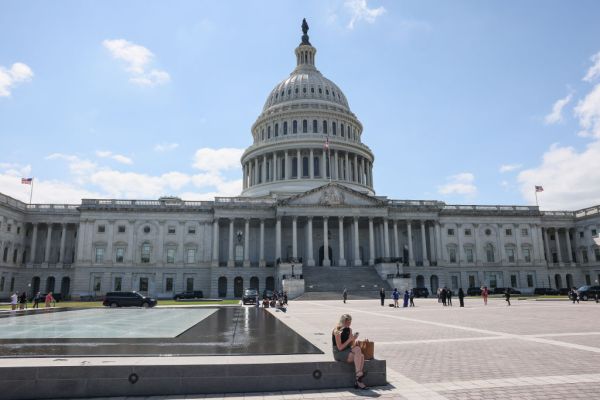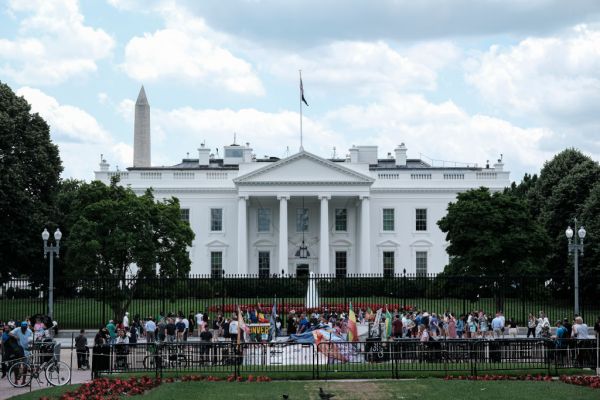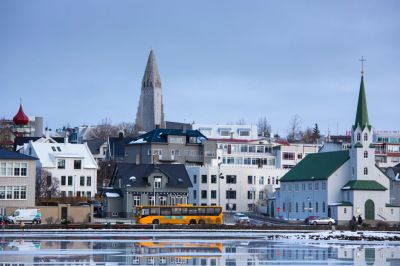A series of posts on Facebook, some with thousands of likes, make several claims about health care, education, energy, and voting policy in Iceland. The identical posts state: “The country where education and medicare are free. No prisons. No army. Electricity is free and people rarely lock their cars and houses! … Iceland is the only country in the world where voting takes place online.”
The claims in the post are a mixture of true and false.
Free education.
The assertion that education is free in Iceland is true. There is no cost associated with primary school for domestic or foreign students, but foreign students are required to pay an annual administrative fee of 75,000 kronur (around $530). Public universities do not charge tuition, though they do still charge application and registration fees. Iceland also has a total of three independent non-state universities, including international and religious schools. While independent, these schools are still mostly funded by the state and are allowed to charge only limited tuition.
Students in primary school may apply to their local municipality to receive a voucher to go toward their education, provided that they are legal residents of Iceland. This voucher, which makes up for a portion of the tuition of the non-state school, provides a greater level of accessibility for those wishing to send their children to some of Iceland’s international schools.
Health care.
The post also claims that health care in Iceland is free. Health care in Iceland is universal and highly subsidized, but residents still pay some costs. “Out-of-pocket (OOP) payments accounted for 16% of health expenditures,” Margrét Erlendsdóttir, the head of information for Iceland’s Ministry of Health, told Dispatch Fact Check via email. Erlendsdóttir explained that this 16 percent is made up primarily of “co-payments for primary care visits, outpatient care and outpatient pharmaceuticals, with reductions or exemptions for vulnerable groups.” Procedures and tests required for hospitalization, however, are typically “free of charge.”
Prisons.
The statement that there are no prisons within Iceland is false. The Prison and Probation Administration (PPA) in Iceland currently operates five prisons. As of 2020, they had a total of 140 prisoners. This number includes pre-trial prisoners and remand prisoners, which make up 21.1 percent of the total incarcerated population.
Military.
It is true that Iceland has no standing army for its defense. Instead, Iceland relies on its membership in NATO and key relationships with other world powers for its defense. On May 5, 1951, the United States and Iceland signed the 1951 Bilateral Defense Agreement, which stipulated that the United States would act in a “manner that contributes to the maximum safety of the Icelandic people, keeping always in mind that Iceland has a sparse population and has been unarmed for centuries.” However, Iceland does maintain an active coast guard that focuses on search and rescue, surveillance, and maritime safety. The Icelandic Coast Guard is non-compulsory.
Electricity.
It is false that electricity is free in Iceland. According to ON Power, a prominent geothermal energy company, the average cost for a household in Iceland is about 3,500 kronur ($25) a month. Renewable energy provides 100 percent of the electricity for the island nation, with about 75 percent of the electrical grid coming from hydropower and about 25 percent coming from geothermal power.
Voting.
The claim that Iceland is the only country in the world where voting takes place online is false. It is true that Iceland has experimented with an online voting system called Scytl for some local referenda. Iceland has not used online voting in any parliamentary or presidential elections, instead requiring its citizens to go to their local polling place to cast their ballot. Estonia is the only nation where any citizen can cast a ballot for a national election via an online service. Other nations such as France, Panama, and Pakistan have adopted a form of electronic voting, but have reserved the privilege to those who live abroad.
The Dispatch Fact Check was unable to confirm whether people in Iceland are less likely to lock their vehicles or homes than citizens of other countries.
If you have a claim you would like to see us fact check, please send us an email at factcheck@thedispatch.com. If you would like to suggest a correction to this piece or any other Dispatch article, please email corrections@thedispatch.com.





Please note that we at The Dispatch hold ourselves, our work, and our commenters to a higher standard than other places on the internet. We welcome comments that foster genuine debate or discussion—including comments critical of us or our work—but responses that include ad hominem attacks on fellow Dispatch members or are intended to stoke fear and anger may be moderated.
With your membership, you only have the ability to comment on The Morning Dispatch articles. Consider upgrading to join the conversation everywhere.